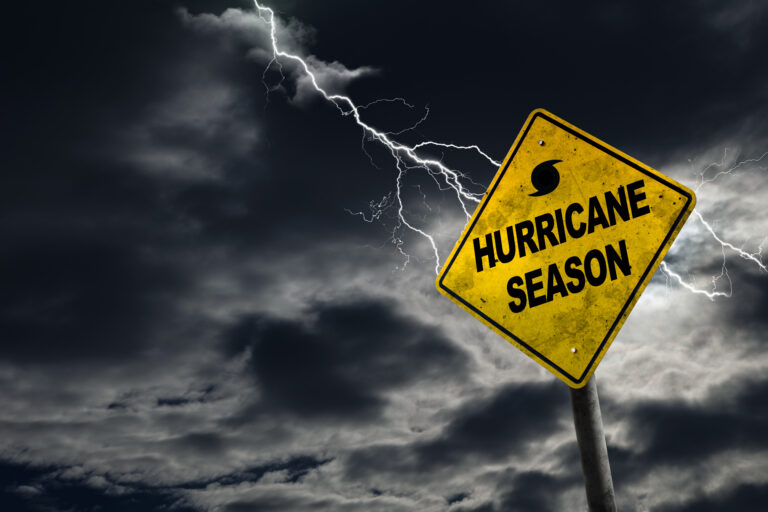As we’ve seen with Hurricanes Helene and Milton, the devastation can be intense causing both property destruction and loss of life. As thus far reported, Helene itself caused more than 220 deaths, with nearly 100 in North Carolina alone, and many people still unaccounted for. And that will likely not be the end of the story.
A new study in Nature has shown that thousands of deaths can be linked to hurricanes and other tropical cyclones for more than a decade after a storm. As discussed in the study, a hurricane’s direct impacts (such as damage to infrastructure, homes and businesses; population relocation; social and economic disruptions; ecological changes; reduced access to basic services; increased pollution; crop damage; insurance payouts; and political actions) can affect human health in ways that are not immediately detectable. In fact, the individuals are generally not even aware that the long-term health impacts are hurricane-related.
Provided as examples are a person’s use of retirement savings to repair damage, reducing their future income and ability to attain healthcare. In addition to the stress caused by loss of a home, the necessary relocation of family members can reduce family interaction and support if later needed. And, even bigger picture, the need for a local government to apply resources to counter the effects of a hurricane, repair roads, and assist those impacted can reduce overall government capacity. The Nature study found that the cumulative effects of storms most affect states that are repeatedly hit, but individual storms can be worse on states with infrequent natural disasters, likely because the people, systems, and infrastructure are less prepared.
The long-term impacts also extend well beyond the affected states, particularly related to food supply, as the southeast is a key provider of fertilizers, crops, and poultry products. American Farm Bureau Federation 2022 figures show that the region hit by Helene produced more than $6 billion in poultry products, 80% from the most severely impacted areas of Georgia and North Carolina. Thus, the impacts of Hurricanes Milton and Helene not only directly impact agriculture production, but are expected to increase prices for products including chicken and fruits, likely for years.
Infectious Disease News:
- Although there are currently no licensed vaccines to treat norovirus, companies are working on their development. Vaxart, Inc. presented research on its norovirus oral pill vaccine candidates at the World Vaccine Congress Europe 2024 and a Phase III clinical trial is being launched in the UK to investigate Moderna’s mRNA norovirus vaccine. The mRNA encodes for the major capsid protein found in the 3 most prevalent Norovirus genotypes. Additionally, a CDC study conducted in California Dec 2022 to Dec 2023 found that levels of Norovirus genotype GII in wastewater samples correlated very well with disease surveillance in the community.
- A new GAO report showed that US school districts had spent about $60 billion in federal COVID-19 emergency aid in elementary and secondary schools by the end of the 2021-22 school year. Of that money, 80% was used to address students’ social-emotional needs and to keep schools running, and 20% addressed health concerns, including improving ventilation, enhanced cleaning and disinfection, and hiring school psychologists.
- COVID, the flu, and RSV are among the microorganisms that often cause pneumonia. But just one in four (25%) people are at high risk of pneumococcal disease, an infection that causes pneumonia, and have been immunized. Pneumonia can also be caused by Streptococcus pneumoniae, and the Pneumococcal vaccine can be given to combat such bacterial sources. A tool from the CDC can help identify who would benefit most from such a vaccine.
- A new RSV vaccine from Pfizer (Abrysvo) has been approved by FDA after a successful clinical trial, for use in adults aged 18 to 59 at increased risk of the disease, especially those with chronic conditions. It is the first and only RSV vaccine for adults younger than 50, and it can be given to pregnant women at 32-36 weeks gestation to protect infants from birth up to 6 months of age. The FDA’s decision is based on inferred efficacy from the Phase 3 clinical trial, which investigated the safety, tolerability, and immunogenicity of Abrysvo in adults at risk of RSV-associated disease due to certain chronic medical conditions.





